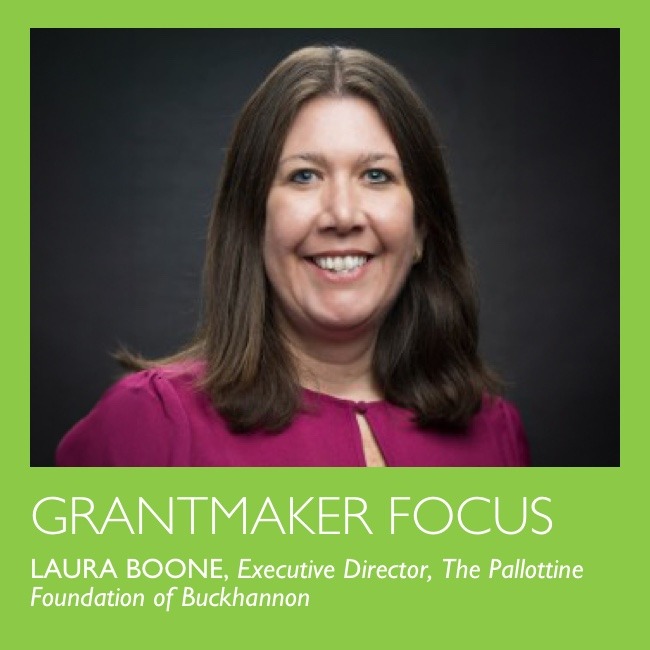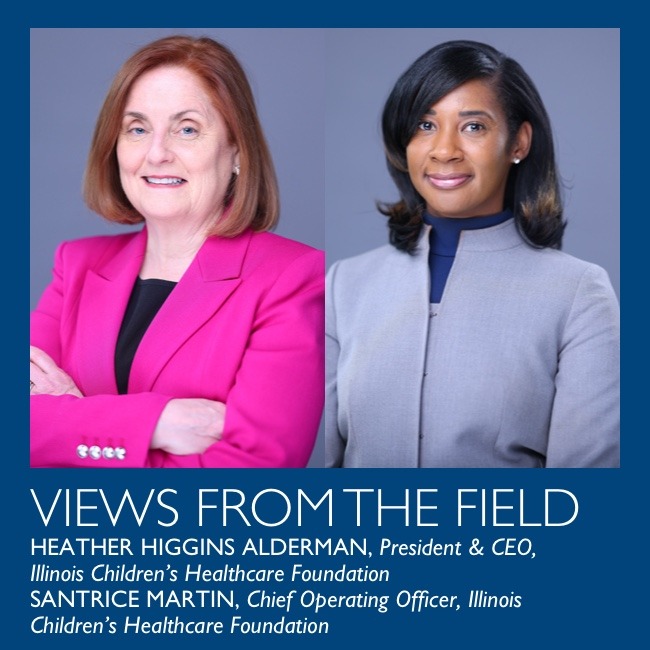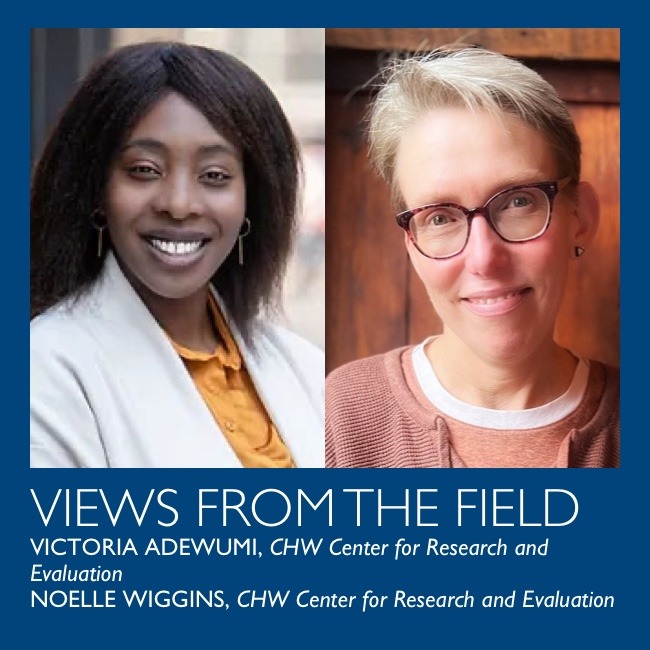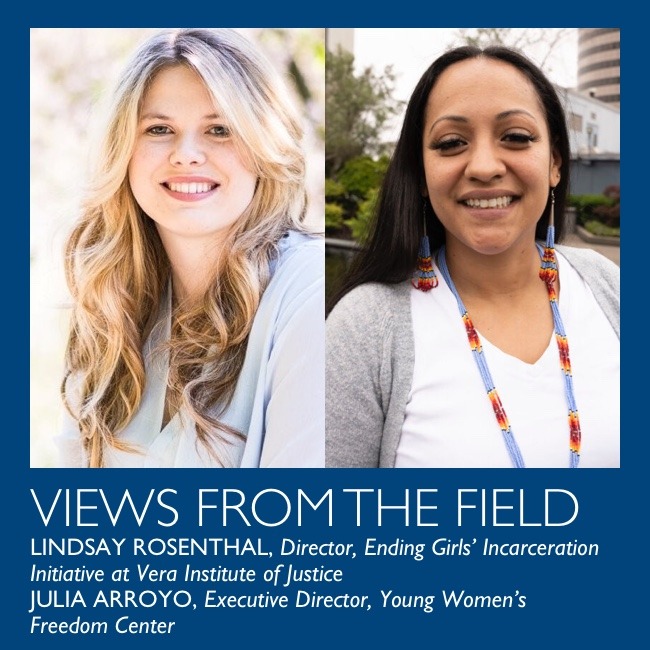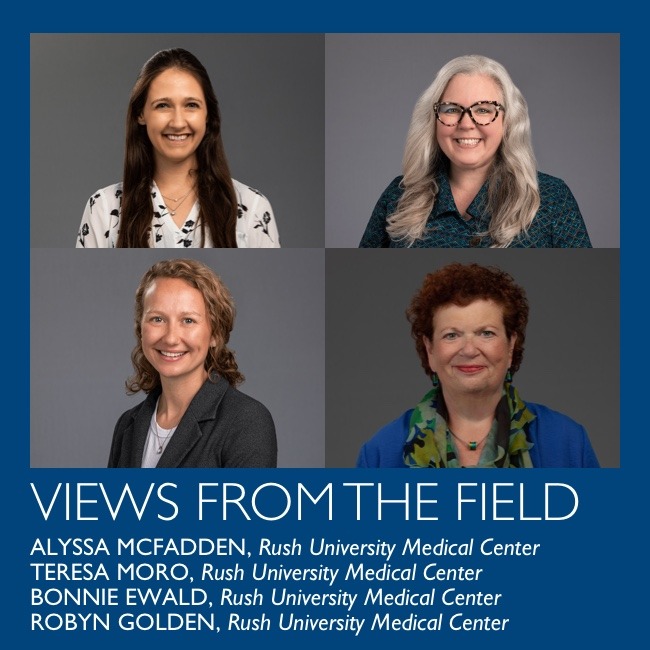Pallottine Foundation of Buckhannon
Food insecurity is a critical issue in the communities we serve. While we work at the most basic level to provide healthy foods to those in need and to ensure our local food pantries are stocked, we realize much more needs to be done to make a lasting impact. Through our partnerships with nonprofits and other health funders, we work in a more systemic way to improve access to nutritious foods for everyone, regardless of where they live or their socioeconomic status.
Supporting Community Health Workers to Achieve Their Full Potential: What Role Can Philanthropy Play?
Community Health Workers (CHWs)—frontline public health professionals who have a unique and trusted relationship with the communities they serve—have proven their ability to help create just, equitable, and thriving communities. As a CHW for over a decade and a CHW ally for over 35 years, we have never witnessed a time of greater interest and investment in the CHW workforce. Amidst a rapidly changing CHW funding landscape, the philanthropic community has an important role to play in assuring that CHWs are able to make an optimum contribution to communities and to the health system.
Philanthropy @ Work – Transitions – October 2024
The latest on transitions from the field.
Vitalyst Health Foundation: October 2024
Vitalyst Health Foundation launched its Systems Change Grant request for proposals. The Systems Change Grants support coalitions in implementing their desired systems change. By the end of the grant period, coalitions will have either fully implemented or made significant advancements toward their systems change project.
Missouri Foundation for Health: October 2024
In the Speak Up MO report, residents’ top responses identified several priorities for improving health, including expanding health care coverage or implementing universal health care, lowering health care costs, and addressing the cost of living.
John A Hartford Foundation: October 2024
A national survey, “Meeting the Growing Demand for Age-Friendly Care: Health Care at the Crossroads,” released by Age Wave and The John A. Hartford Foundation, found 82 percent of older adults say the United State health care system is not prepared for the growing and changing needs of America’s aging population. After reviewing all survey findings, five key recommendations were identified to improve health care for older adults and promote healthier, happier aging.

